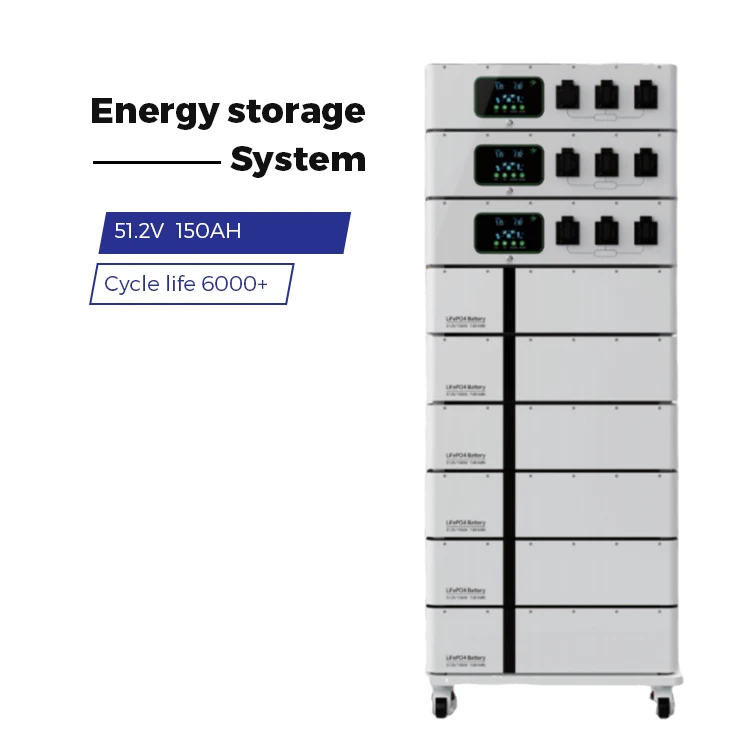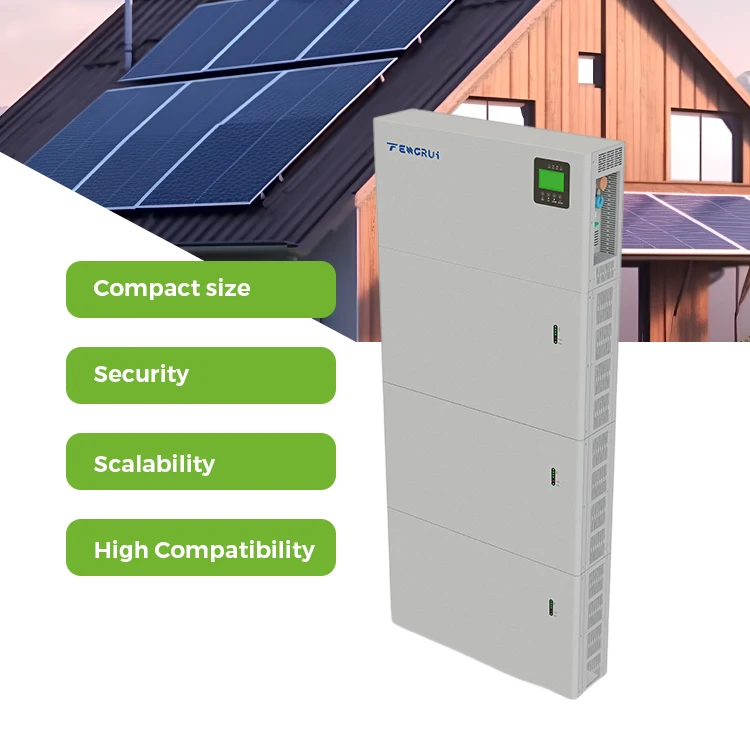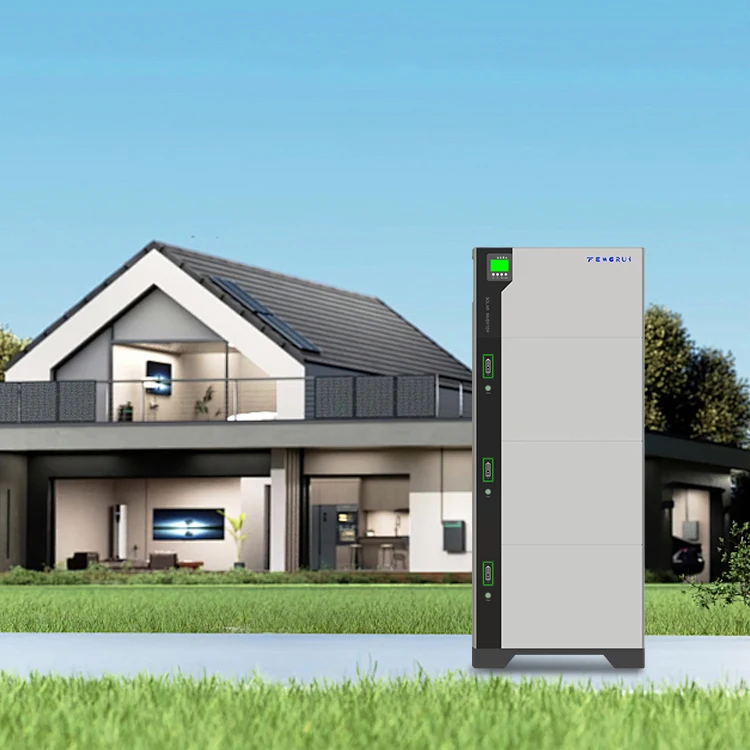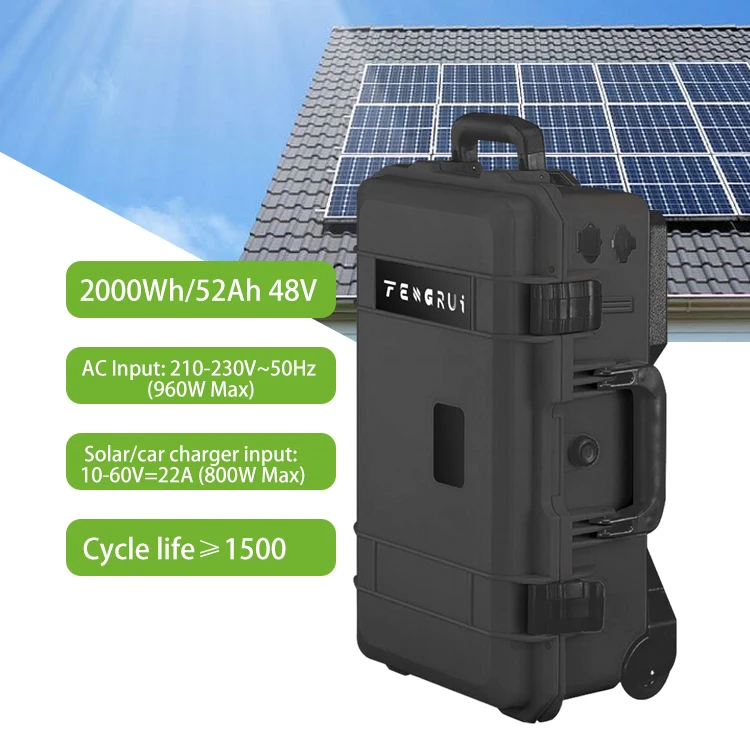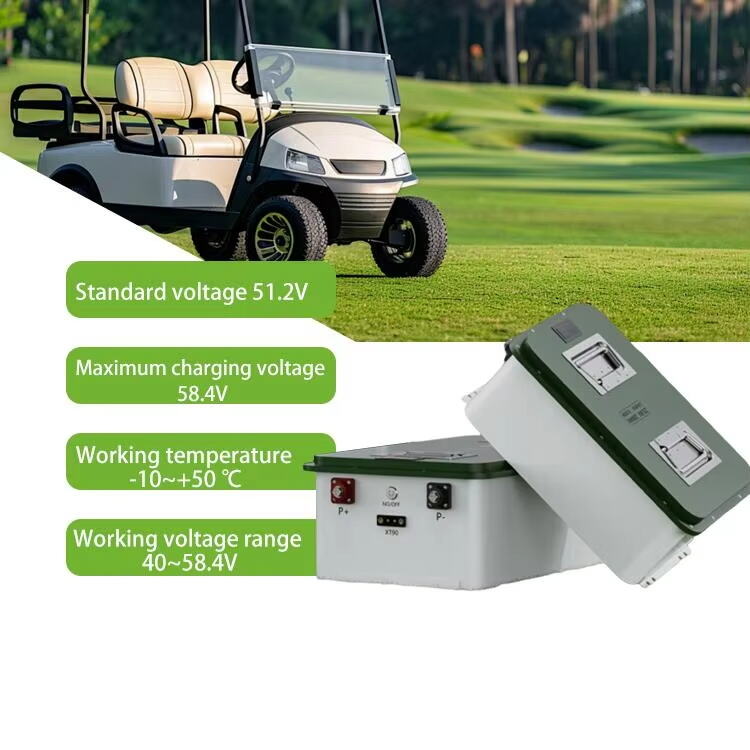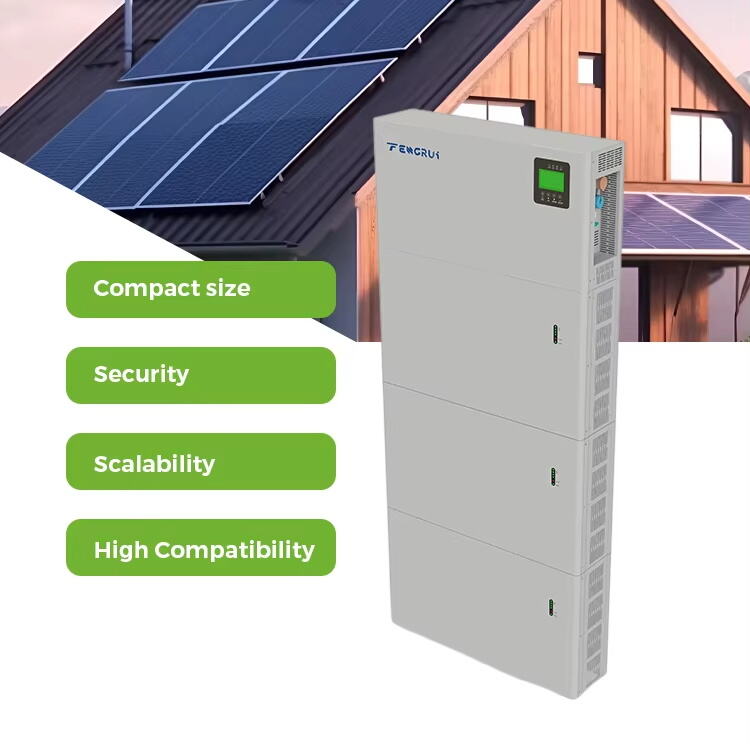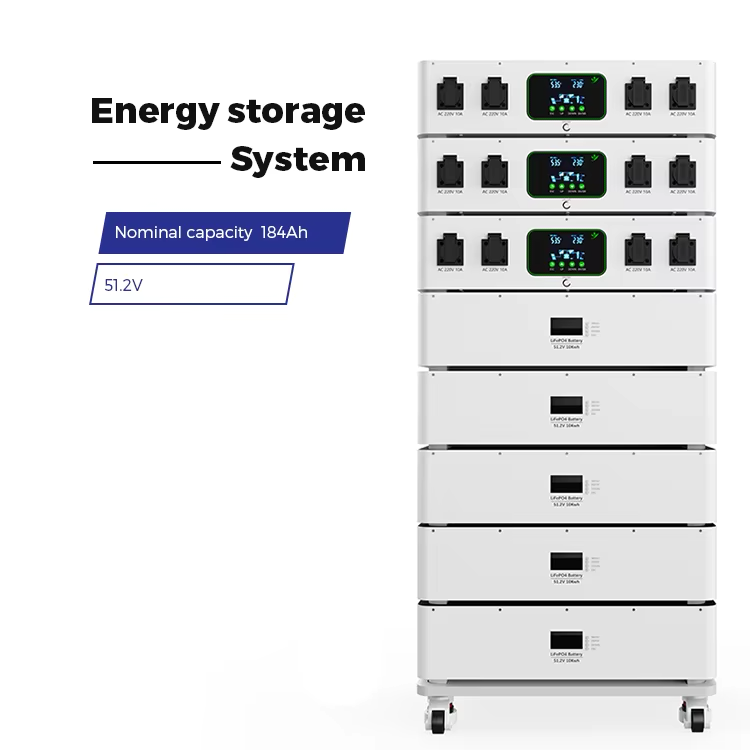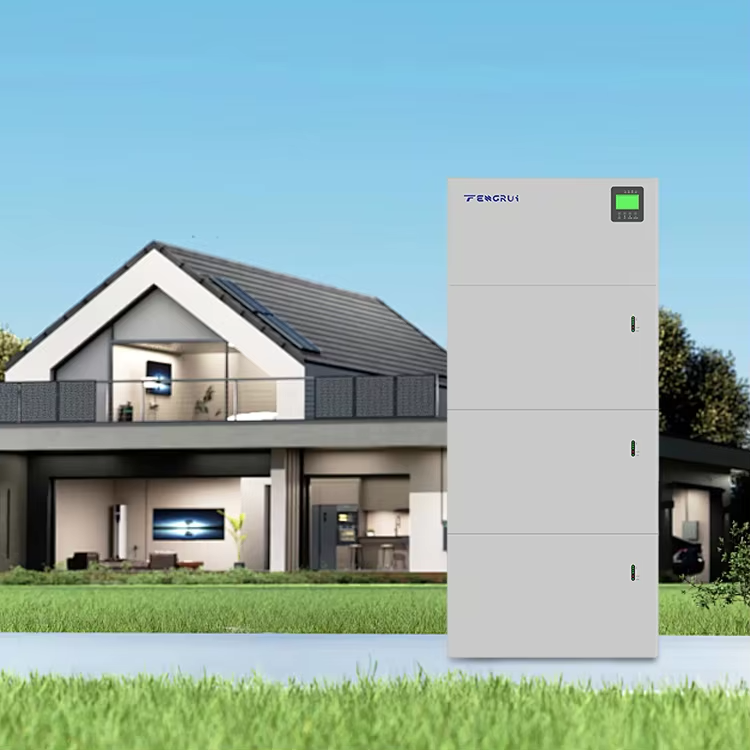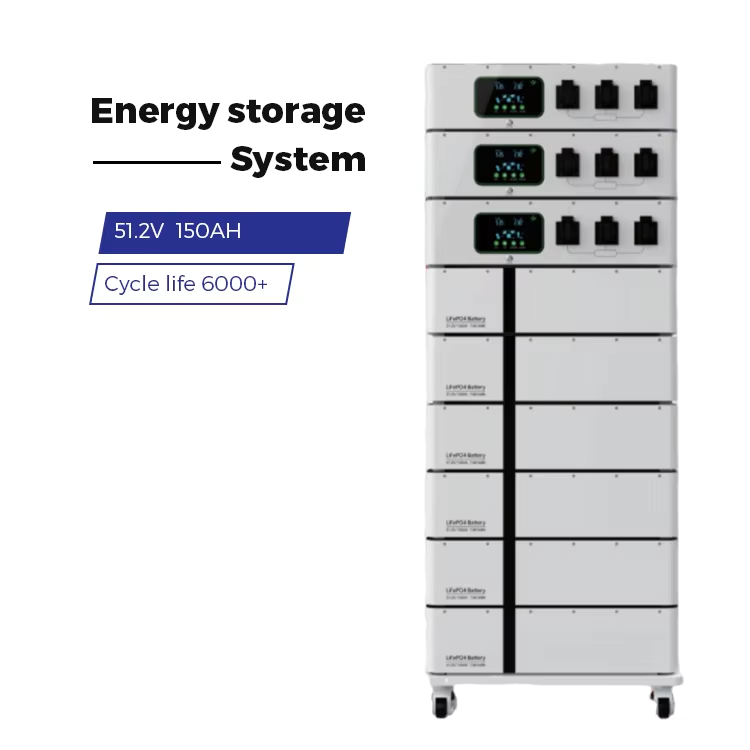converting golf cart to lithium
Converting a golf cart to lithium power represents a significant upgrade in modern golf cart technology. This conversion process involves replacing traditional lead-acid batteries with advanced lithium-ion battery systems, offering a comprehensive solution for enhanced performance and efficiency. The conversion typically includes installing lithium battery packs, updating the battery management system (BMS), and modifying the cart's charging system. These modifications enable the golf cart to operate with increased power output, extended range, and improved reliability. The lithium conversion process utilizes state-of-the-art battery technology that provides consistent power delivery throughout the discharge cycle, unlike traditional batteries that experience voltage sag. Modern lithium conversions often incorporate smart features such as battery monitoring systems, regenerative braking capabilities, and sophisticated charging protocols. The technology allows for rapid charging, reduced maintenance requirements, and significantly longer battery life compared to conventional lead-acid systems. Applications extend beyond golf courses to include residential communities, industrial facilities, and commercial properties where reliable, efficient transportation is essential.

